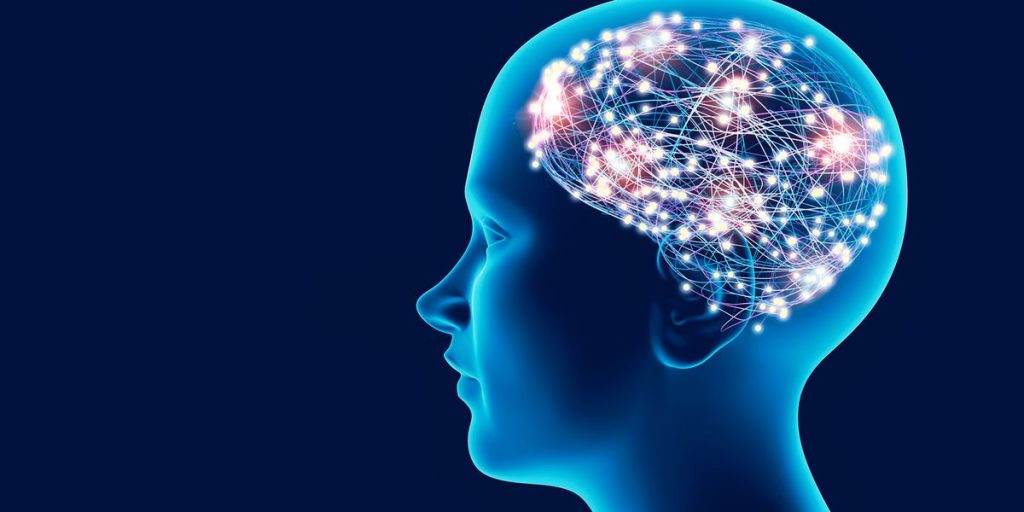
“Intellectual and developmental disabilities (IDDs) are disorders that are usually present at birth and that negatively affect the trajectory of the individual’s physical, intellectual, and/or emotional development. Many of these conditions affect multiple body parts or systems.
Intellectual disability starts any time before a child turns 18 and is characterized by problems with both intellectual functioning or intelligence – which includes the ability to learn, reason, problem-solve, and other skills – and adaptive behavior, which includes everyday social and life skills.
The term “developmental disabilities” is a broader category of often lifelong disability that can be intellectual, physical, or both. “IDD” is the term often used to describe situations in which intellectual disability and other disabilities are present. Examples of developmental disabilities include autism, behavior disorders, brain injury, cerebral palsy, Down syndrome, fetal alcohol syndrome, intellectual disability, and spina bifida.” [1]
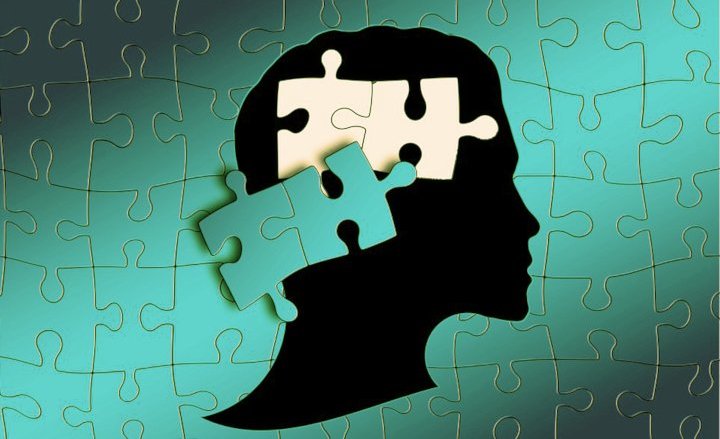
Types of developmental disabilities
One of the types of developmental disabilities is Nervous System.
“Developmental disabilities that affect the nervous system (also called neurodevelopmental disorders).” [2]
“Neurodevelopmental disorders are conditions that affect how your brain functions. They range from mild impairments, allowing those affected to live fairly normal lives, to severe disorders that require lifelong care.” [3]
“Neurodevelopmental disorders vary by the:
- way that they present
- symptoms that appear
- outcomes of the condition
complications that may accompany them.” [2]
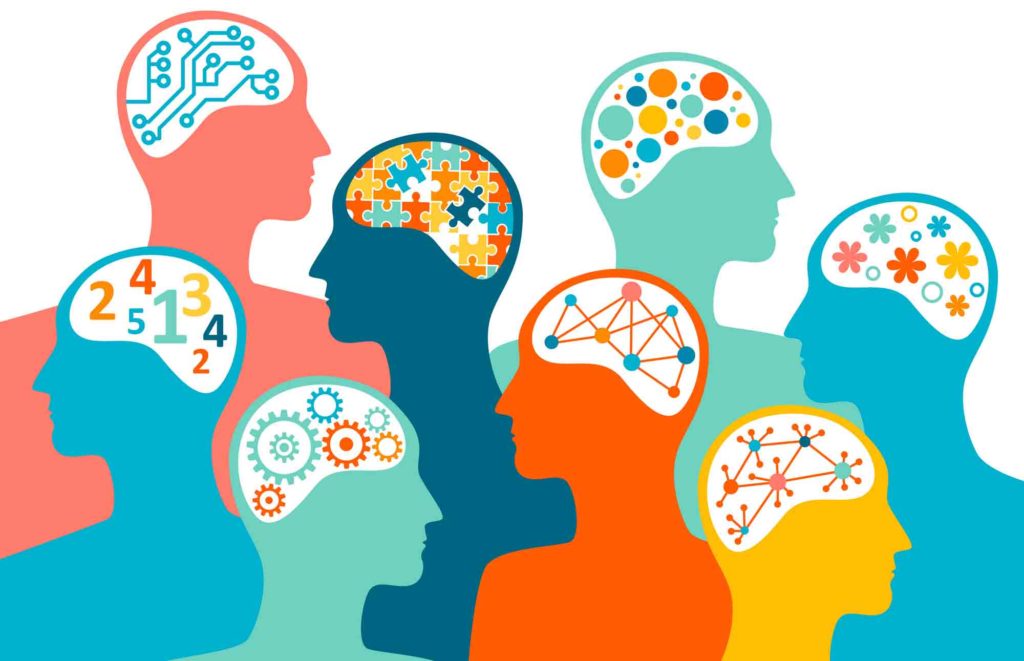
Types and symptoms of common neurodevelopmental disorders
“Here are some common types of neurodevelopmental disorders and their symptoms:
Schizophrenia: Disorganized thoughts, hallucinations, delusions, and withdrawal from friends and family.
A.D.H.D.: Distractibility, hyperactivity, impulsiveness, and inattention.
Autism: Difficulty communicating, resisting human touch, self-harm, and little or no eye contact.
Tourette’s syndrome: Grunting or coughing, shoulder shrugging, eye blinking, and other tics.” [4]

What causes neurodevelopmental disorders?
“Although the etiology remains unknown in many cases, various factors can affect normal brain development. Causes can be classified as follows:
Genetic causes: for example, genetic mutations and metabolic conditions at conception.
Prenatal causes: such as nutritional deficiencies and maternal infections during pregnancy.
Perinatal causes: for example, those due to complications that arise during labor, typically a lack of oxygen (hypoxia).
Postnatal causes: refer to factors such as traumatic brain injury, infections like meningitis or exposure to environmental toxins after birth.” [5]
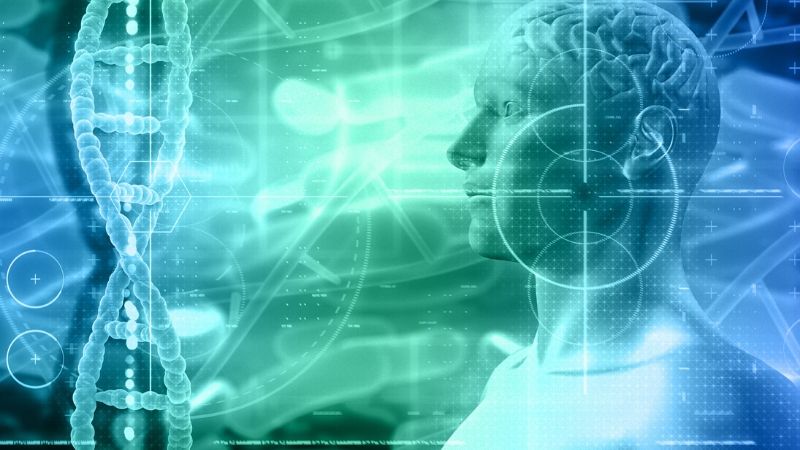
Neurodevelopmental Disorders Treatment
“There is no cure for neurodevelopmental disorders, but there are treatments available to help children and adults manage their symptoms. These therapies typically involve a combination of medications, behavior therapy, speech therapy, and psychological counseling. Educating people about their condition is also an important part of treatment as it can help them understand how to live with and manage their disorder.” [6]

How Direct Support Professionals (DSPs) can help people with Neurodevelopmental Disorders?
“A direct support professional provides daily supports to people with intellectual and developmental disabilities in a variety of settings, including group homes and supported living services. DSPs assist people in reaching their own personal goals, while also providing coaching, guidance and support for daily tasks. They’re trustworthy, dedicated people who want to help individuals with intellectual or developmental disabilities claim the quality of life that they deserve and are meant to have.” [8]
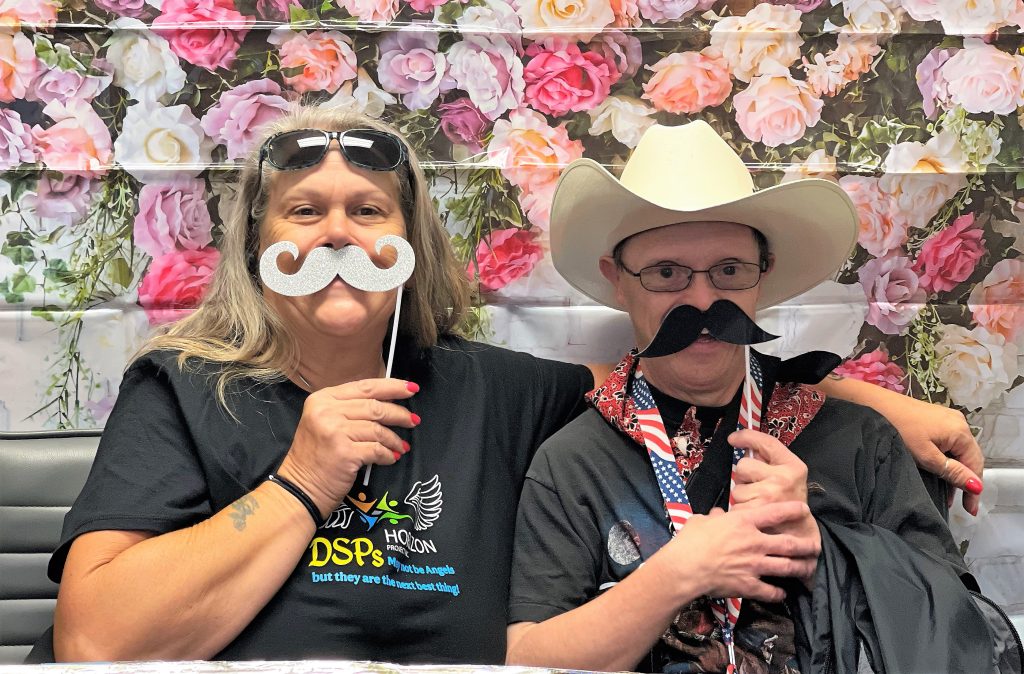
DSPs do their best to make difference in peoples’ lives, we all can do our best in any way to also promote a easier life for those with Neurodevelopmental Disorder.
Resources
[1] https://ici.umn.edu/welcome/definition
[3] https://www.dignityhealth.org/las-vegas/services/neurological-care/neurodevelopmental-disorders
[4] https://www.unitedwecare.com/a-comprehensive-guide-to-neurodevelopment-disorders/
[6] https://www.empowerbh.com/blog/what-are-neurodevelopmental-disorders/
[7] https://www.shionogi.com/global/en/sustainability/society/social-contribution-activities/developmental-disorders.html [8] https://ablelight.org/blog/what-is-a-direct-support-professional/#:~:text=A%20direct%20support%20professional%20provides,and%20support%20for%20daily%20tasks
